Ruth Bader Ginsburg’s legacy extends far beyond her groundbreaking legal career. Known for her fierce advocacy for equality, she also demonstrated kindness and gratitude in her personal life. According to The Independent, while most of her estate was left to her children, she made a special exception—gifting $40,000 to Elizabeth Salas, her housekeeper of 22 years.
More than an employee, Salas shared a deep bond with Ginsburg, built over decades of friendship and loyalty. When the late Supreme Court Justice lay in state at the U.S. Capitol—making history as the first woman to receive such an honor—Salas was seated beside President Joe Biden, a testament to the role she played in Ginsburg’s life.
"She was always in my corner, she helped me land jobs, she was a source of great support during very difficult times."
— Amanda L. Tyler
A life dedicated to service and justice
Ginsburg passed away on September 18, 2020, at age 87, following complications from metastatic pancreatic cancer. Appointed to the U.S. Supreme Court in 1993 by President Bill Clinton, she remained dedicated to her work until her final days, despite multiple battles with cancer.
Her two children, Jane and James Ginsburg, were born from her marriage to Martin Ginsburg, a highly respected tax attorney and Georgetown University professor. After Martin’s passing in 2010, RBG continued to uphold the values they both cherished, including her unwavering commitment to those who had supported her throughout her life.
Named as executors of her will, Jane and James inherited the majority of Ginsburg’s personal property. This included valuable assets such as furniture, art, sculptures, books, photographs, jewelry, and clothing. But amid these possessions, one gift stood out—her decision to recognize Salas’s unwavering dedication with a financial gesture.
A bond beyond employment
Salas, a Bolivian immigrant, formed a close friendship with Ginsburg that extended beyond professional duties. She revealed in an interview with Univision Noticias that the late justice had one final wish for her:
"The last thing she told me is that she did not want me to work anymore."
— Elizabeth Salas
Justice Ginsburg was well known for her empathy and generosity. Amanda L. Tyler, a UC Berkeley law professor and former mentee, spoke about RBG’s lasting impact on those around her.
"She was always in my corner, she helped me land jobs, she was a source of great support during very difficult times."
— Amanda L. Tyler
Thinking of others until the very end
Even in her final days, Ginsburg’s thoughts were not on herself but on those around her. Tyler recalled her last conversation with the justice, where she showed deep concern for children affected by the COVID-19 pandemic.
"She was worried about them and she wanted to know whether they would be going back to school in person or online, because of the pandemic," Tyler shared. "And then she expressed concern for all children who were being so profoundly affected by the ongoing pandemic. And I just, I keep thinking back to that conversation because it really was a window into who Justice Ginsburg was. Here she was at the end of her life and she was thinking about others, she was thinking about other people, and she was thinking about the future."
Beyond her legal achievements, Ginsburg remained a beacon of hope and progress. Tyler reflected on her mentor’s unwavering belief in a better future, despite the ongoing struggles for equality.
"She talked a lot about how much progress she had seen in her life, on so many different planes," Tyler explained. "When you think about, in her 87 years, the progress that was made with respect to race, and the progress that was made with respect to gender, it was dramatic. And that's not to say that there isn't still a huge amount of work to be done. She knew that, she wrote about that as a Supreme Court justice, she saw it in her life, but she believed in the promise of America. She believed in all that it could be."
Justice Ginsburg’s impact will be remembered for generations, not only through her legal victories but also through her acts of kindness. Her final gift to Salas was more than just a financial sum—it was a lasting symbol of gratitude, friendship, and the values she championed throughout her extraordinary life.





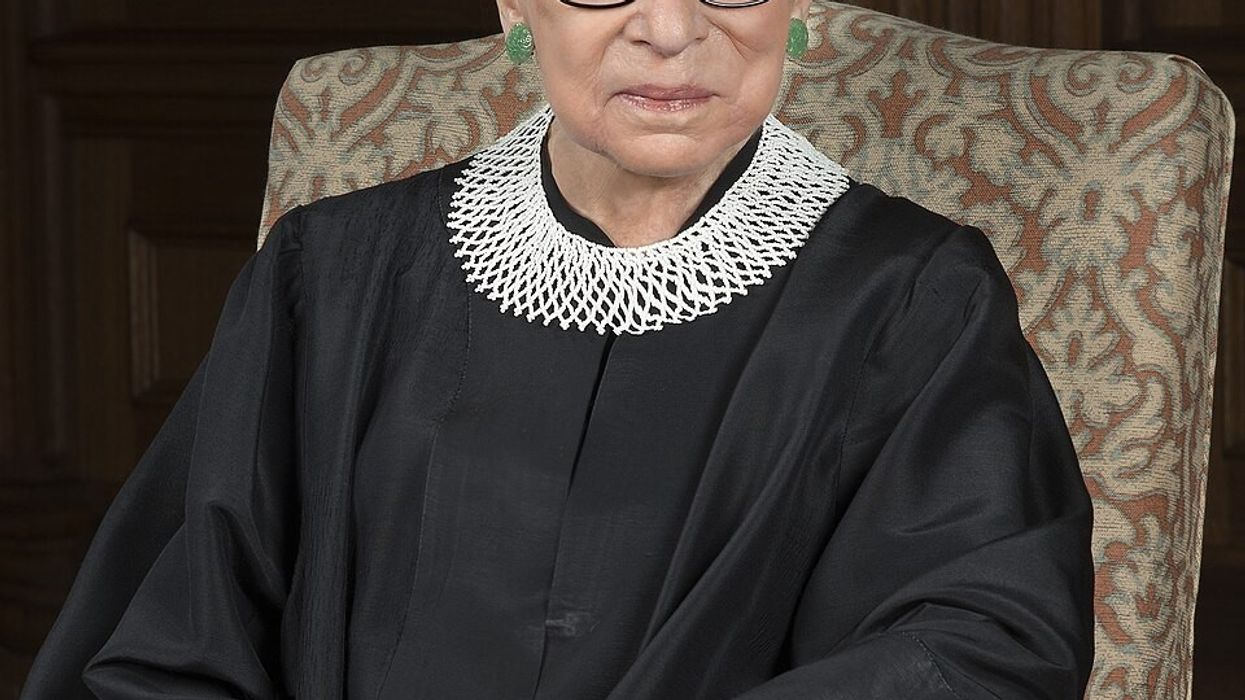






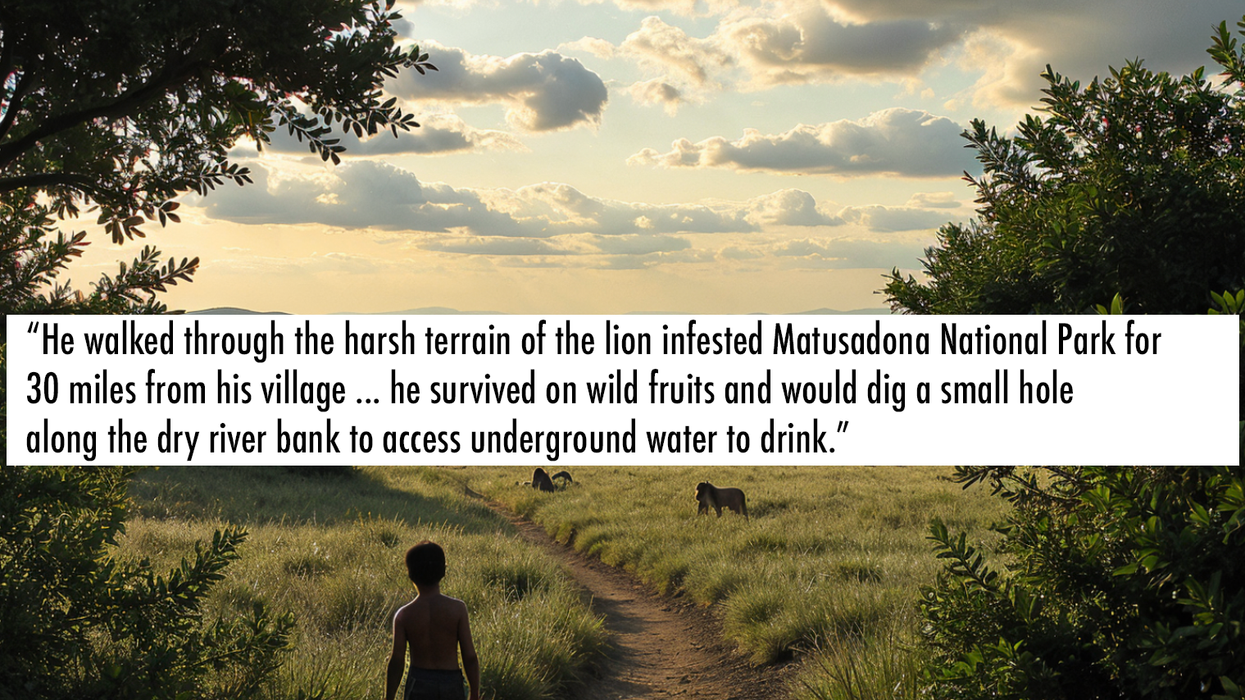
 Representative depiction of Matusadona National Park
Representative depiction of Matusadona National Park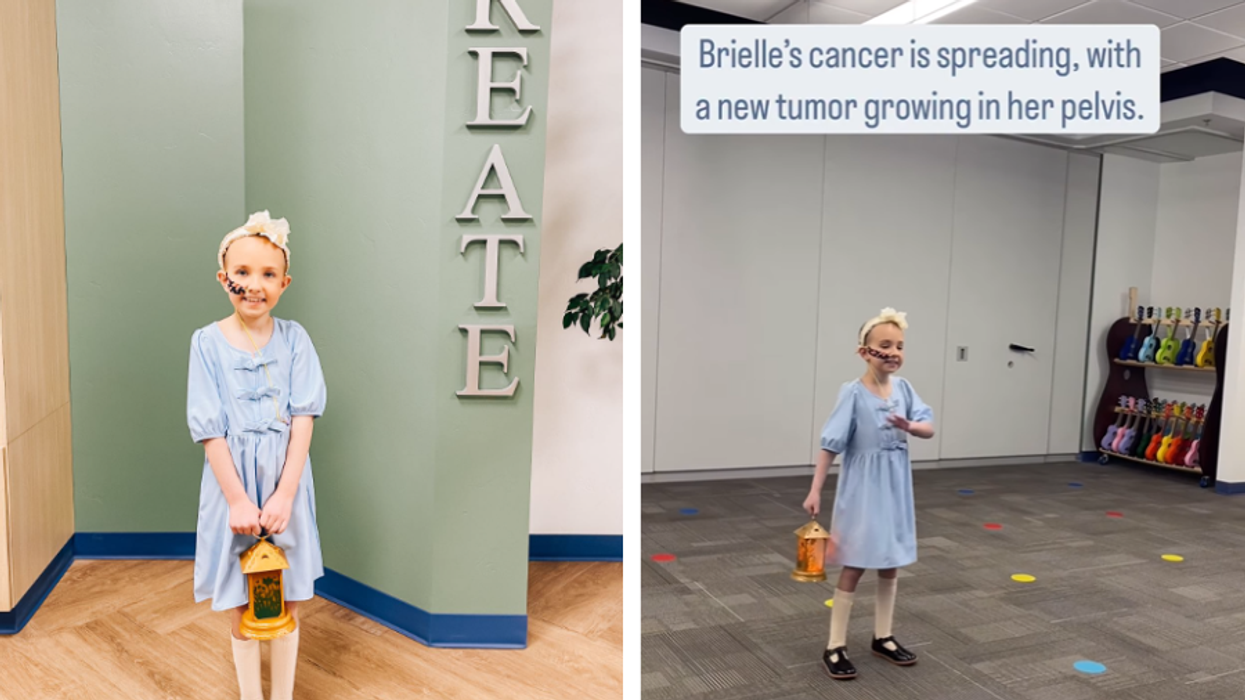






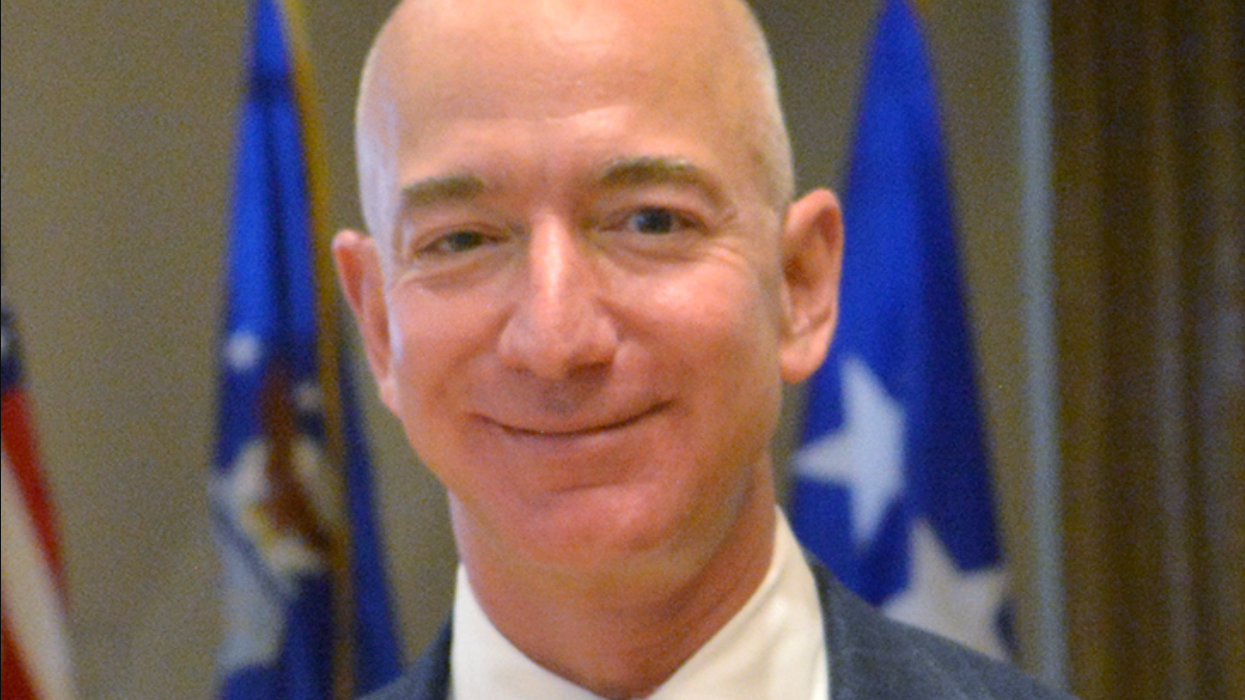
 Representative photo of Amazon fulfillment center by Canva
Representative photo of Amazon fulfillment center by Canva


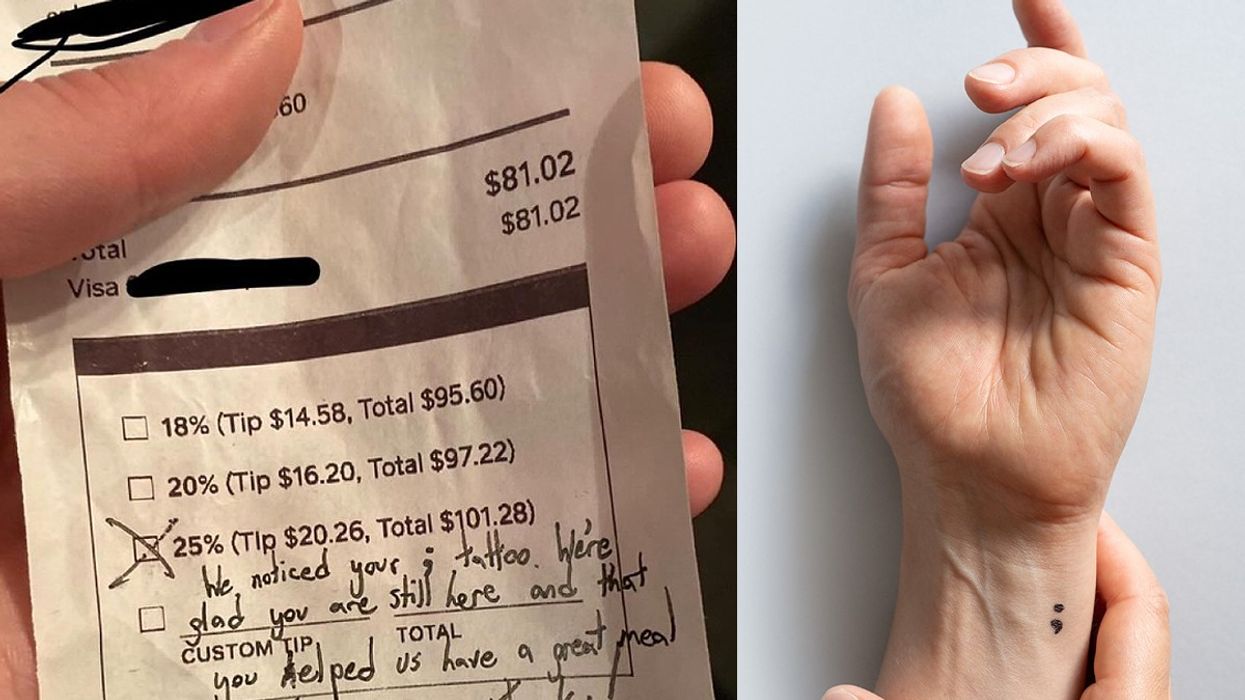
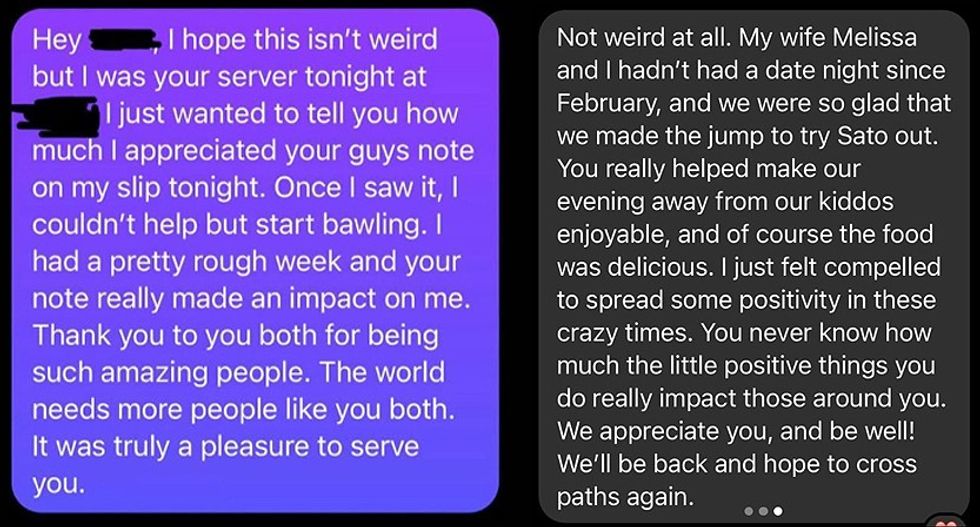 One little note led to an even more impactful exchange of texts.
One little note led to an even more impactful exchange of texts.